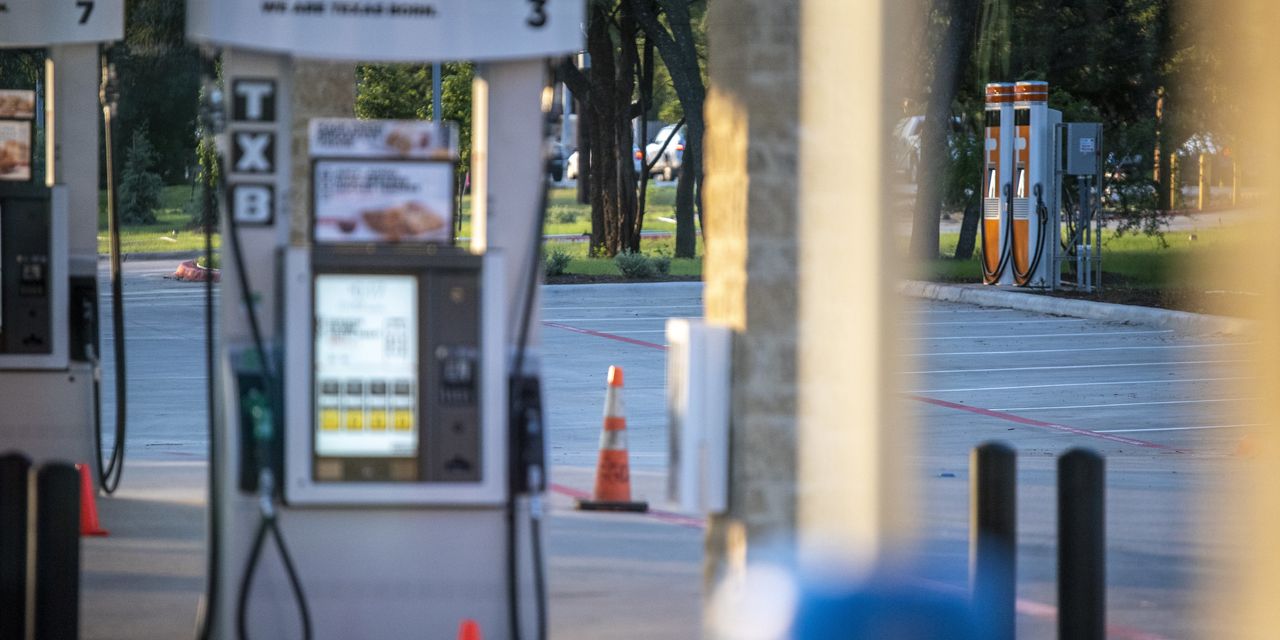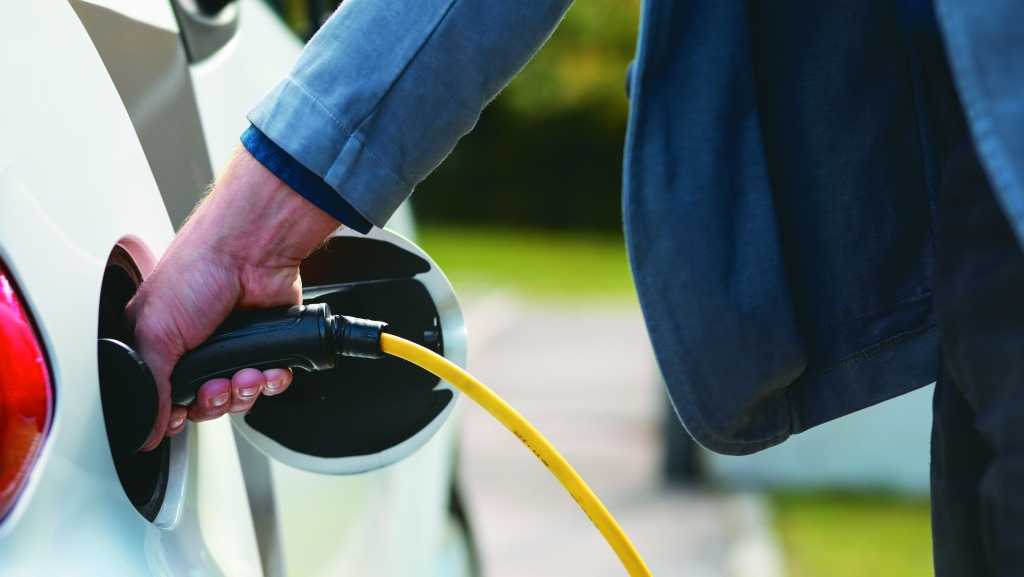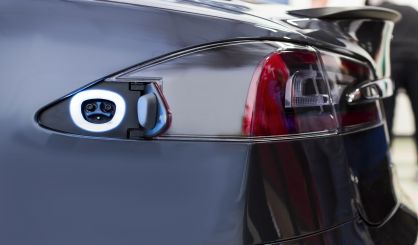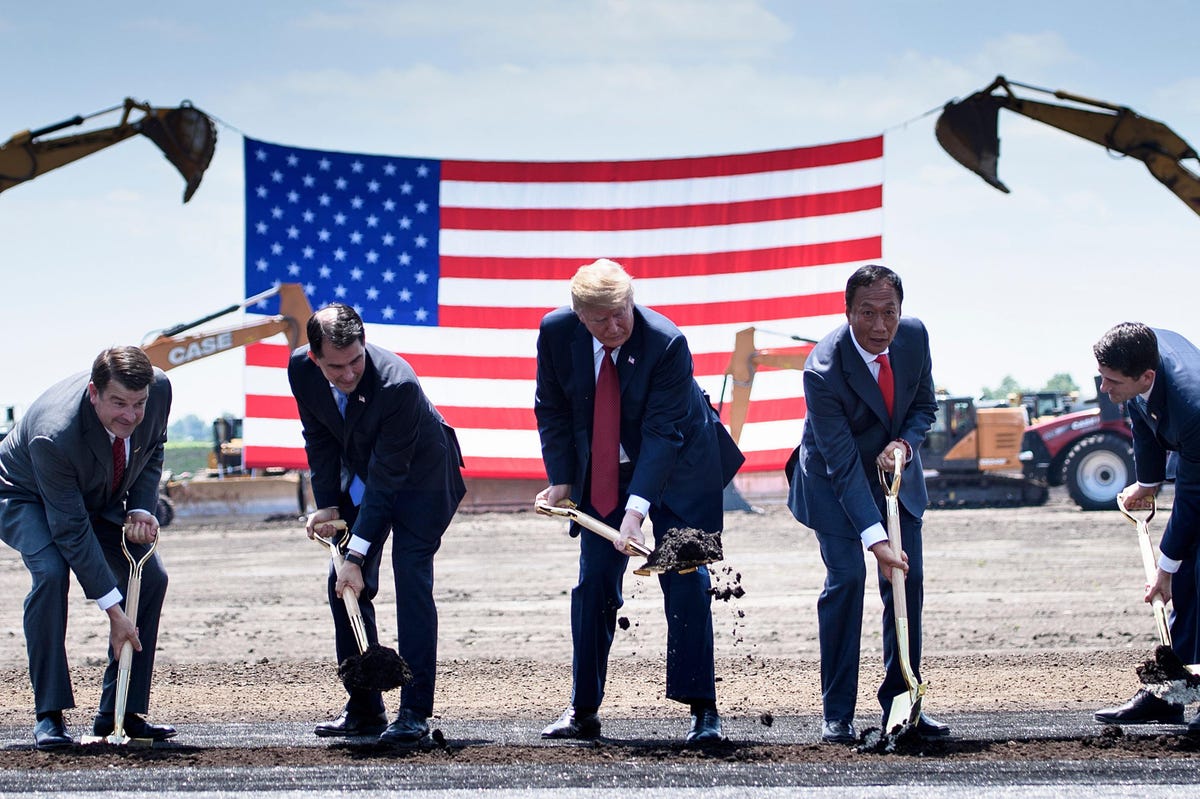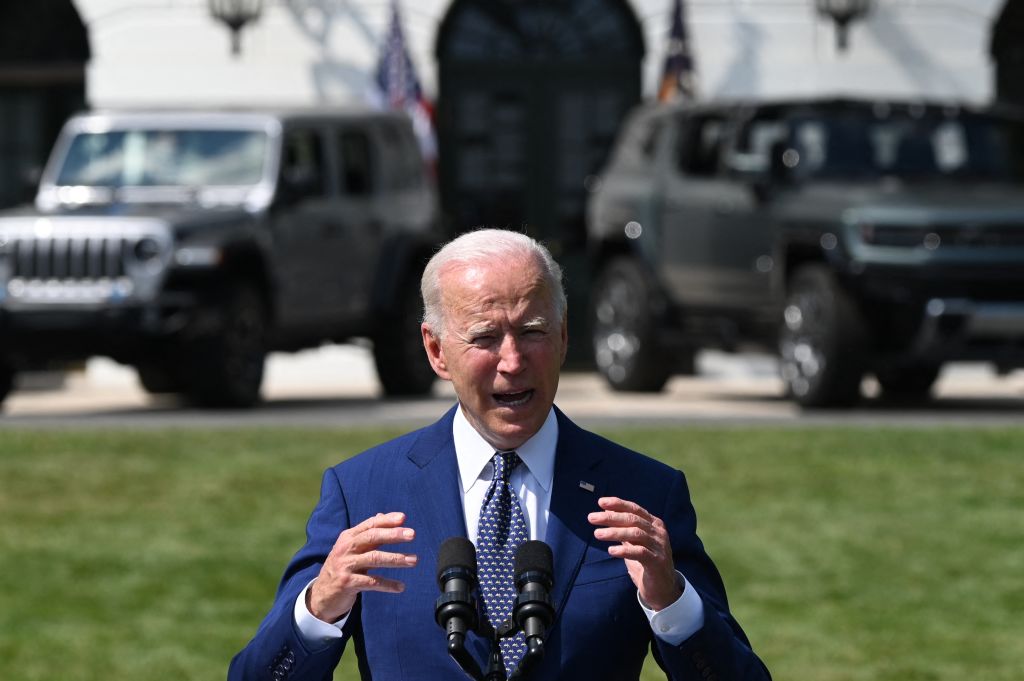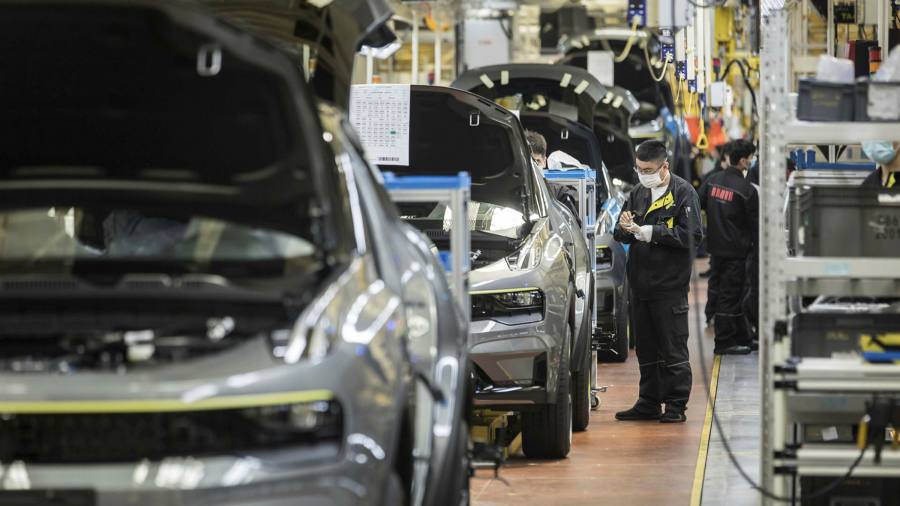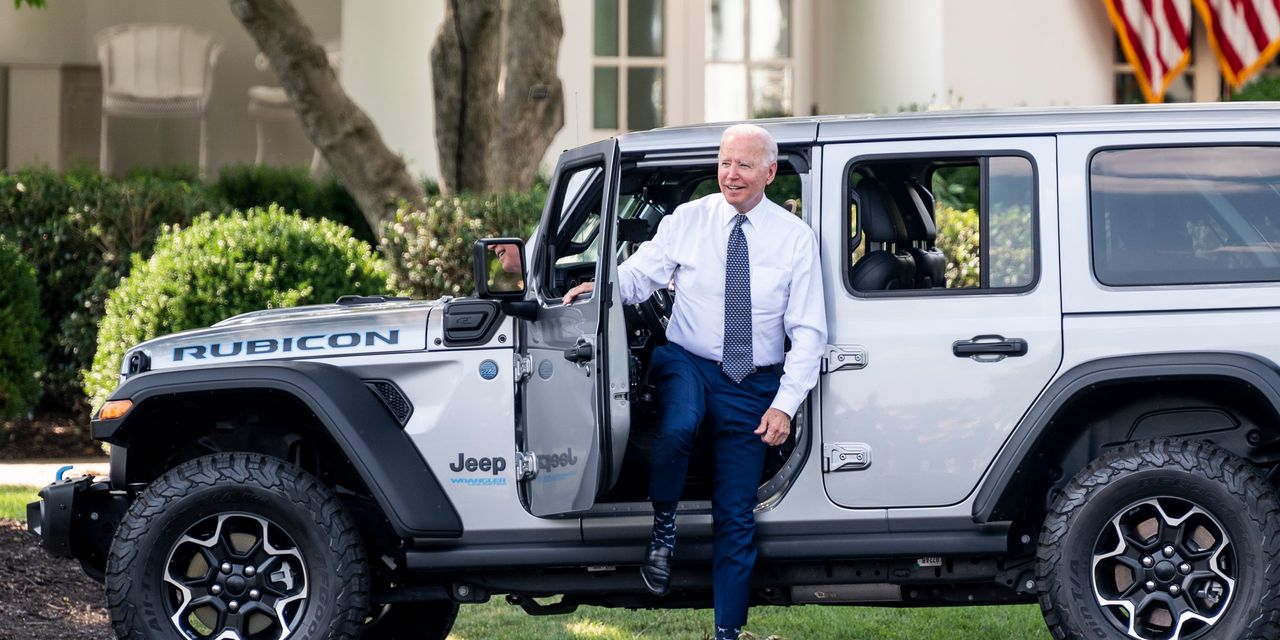American gas-station owners are facing a tough decision over whether to invest in electric-vehicle charging stations, a costly bet that currently makes little financial sense but might help future-proof their businesses.
Some gas stations, convenience stores and truck stops are adding chargers to test the technology and protect their market share for the long run. Others say they crunched the numbers and decided they can’t justify the cost, given the small share of electric-vehicle drivers. Charging units and installation typically cost upward of $100,000 each, and might entail the expense of tearing up pavement to lay conduit.
Auto makers including General Motors Co. and Ford Motor Co. are aggressively expanding their lineups of electric vehicles, and President Biden last week set a target to increase U.S. sales of electric, plug-in hybrid and hydrogen fuel-cell vehicles to 50% by 2030. However, electric vehicles made up only about 2% of new U.S. sales last year, and 3% in recent months.
“We don’t see an investable marketplace,” said A.J. Siccardi, president of Metroplex Energy Inc., the fuel-supply subsidiary of RaceTrac Petroleum Inc., which owns more than 750 RaceTrac and RaceWay gas stations, primarily in the Southeastern U.S. “We’re perfectly OK putting capital at risk. The key is we’ve got to have a viable business case,” he added.
Metroplex has been evaluating electric-vehicle charging for about two years and would like to invest but so far hasn’t found a deal that makes sense, Mr. Siccardi said, noting that risks include potential competition with utilities, some of which have their own plans to build charging stations.
